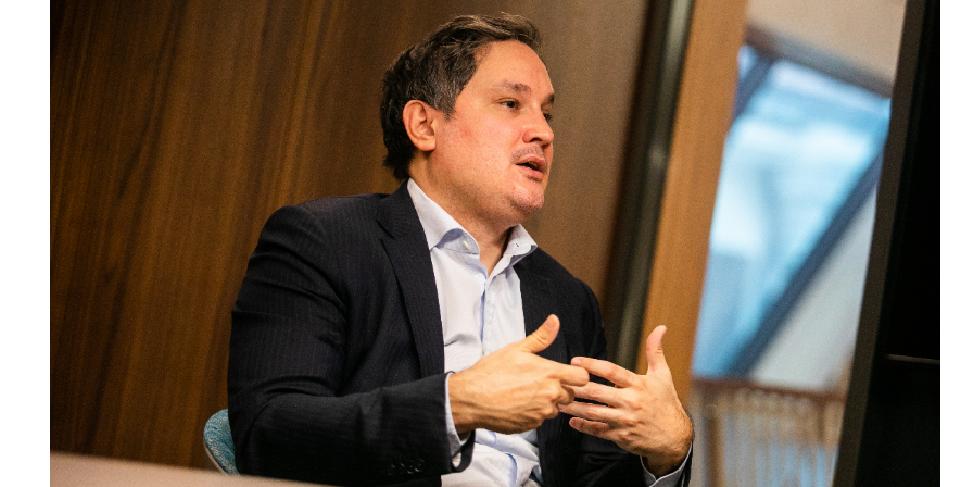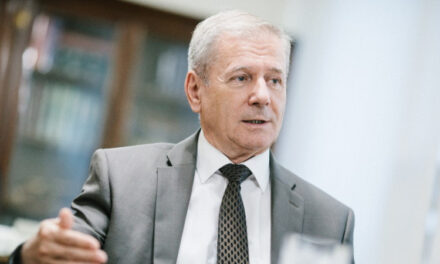"The price caps will remain as long as they are needed," declared the economy minister.
The official price reassured refuelers, but fuel producers and distributors may have been unsettled by the statement of Economic Development Minister Márton Nagy in the latest government briefing, according to which the price caps will remain as long as they are needed, as long as inflation justifies them. In other words: until we reach a halving of inflation or single-digit inflation, the price caps must remain in place, Világgazdaság reported.
It is written on the portal: although based on this announcement, the timing of the reduction of market fuel prices seems to be quite flexible, Márton Nagy also spoke about the means of reducing inflation, and on Friday Prime Minister Viktor Orbán announced that additional products will be subject to price caps
- this also curbs the deterioration of money - and confirmed the already stated intention, according to which inflation in Hungary should be in single digits by the end of 2023.
In response to Világgazdaság's question about how fuel retailers will be affected by the fact that they are unlikely to get rid of the petrol price cap before the end of 2023, Ottó Grád, Secretary General of the Hungarian Mineral Oil Association (MÁSZ), stated that
according to the current legislation, the maximum price of gasoline and diesel at HUF 480 per liter is valid until December 31, 2022. According to the profession, but also according to his point of view, the probability that the release of fuel prices will be announced around Christmas is quite small.
He sees that events could speed up if, thanks to the development of world market conditions, the market price of domestic fuels could settle around HUF 480, but the reality of this is quite small.
In my opinion, the relatively large difference between the official and the market price will remain for months, especially in winter. By spring, diesel will be significantly more expensive than gasoline," he declared.
As he pointed out, diesel from Russia used to be a very important element of European diesel production, and it will take a long time to replace this quantity. This is the main explanation for diesel prices that are significantly higher than for gasoline and for high domestic diesel prices.
Source and full article and image: Mandiner.hu












